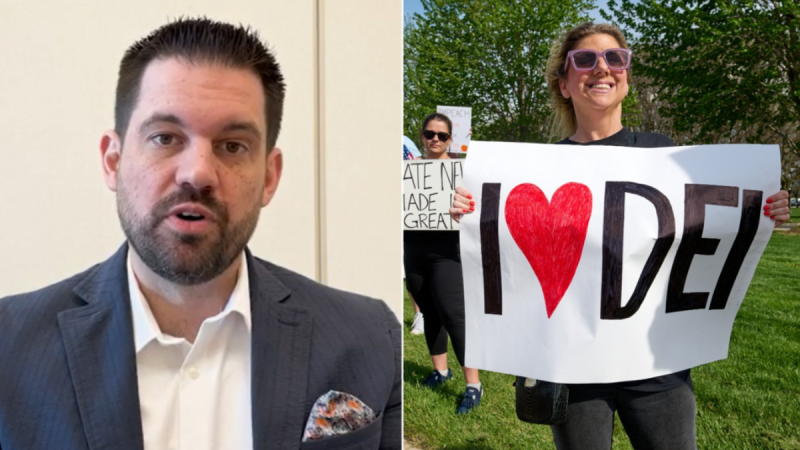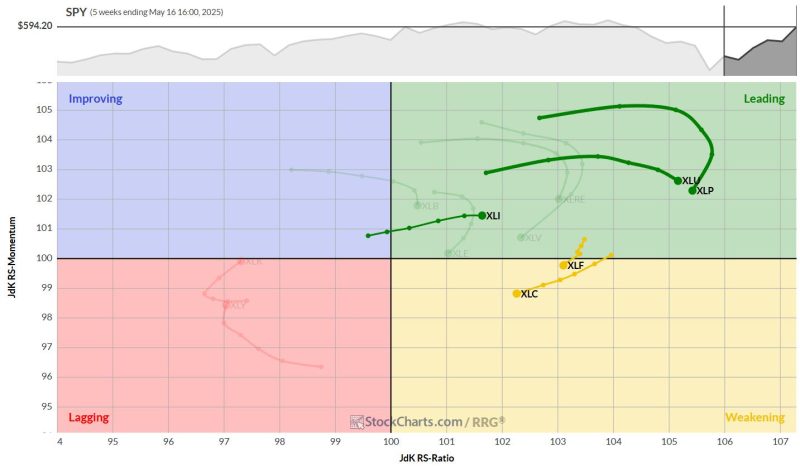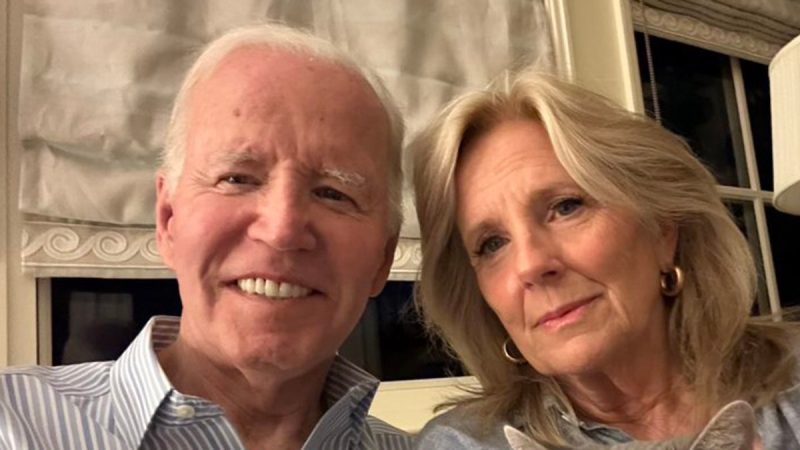As the Trump administration and Republicans across the country push to eliminate diversity, equity and inclusion (DEI) policies across the board, the executive director of a top consumer advocacy group spoke to Fox News Digital about what companies and institutions are doing to skirt those efforts.
‘Over the last few months, we’ve sort of seen a phase shift in the ways that they’re trying to keep this DEI grift going,’ Consumers’ Research Executive Director Will Hild told Fox News Digital about companies, organizations, hospitals and other entities that are attempting to rebrand DEI and environmental, social and governance in the Trump era.
‘At first, they just pushed back on, tried to defend DEI itself, but when that became so obvious that what DEI really was was anti-White, anti-Asian, sometimes anti-Jewish discrimination in hiring and promotion, they abandoned that,’ Hild said. ‘Now what they’re trying to do is simply change the terminology that has become so toxic to their brand. So we’re seeing a lot of companies move from having departments of DEI, for example, to ‘departments of belonging’ or ‘departments of inclusivity.’’
Several major companies have publicly distanced themselves from DEI in recent months as the new administration signs executive orders eliminating the practice while making the argument that meritocracy should be the focus.
However, FOX Business exclusively reported in April on Consumers’ Research warning that some businesses appear to be rebranding the same efforts rather than eliminating them.
‘It is the exact same toxic nonsense under a new wrapper, and they’re just hoping to extend the grift because a lot of these people, I would say most of the people working in DEI are useless,’ Hild told Fox News Digital.
‘They are mediocrities who have managed to get very high-level positions that they’re not qualified for by running this DEI grift, and they’re desperate,’ he continued. ‘They can’t just move into running logistics for Amazon because that takes actual competence and intelligence and if you’re in a DEI department, you probably don’t have either of those things. So they are desperate to keep this grift going so they can justify their own existence. So they’re changing it into a new wrapper.’
Hild, who spoke to Fox News Digital at the State Financial Officers Foundation conference in Orlando, Florida, also explained some of the other issues Consumers’ Research is focused on going forward, including fighting ‘woke’ hospitals in three different areas.
‘One is net zero pledges and activities that raise costs for consumers, patients having to pay more because these hospitals are investing millions, sometimes tens of millions of dollars, into green boondoggle projects that have nothing to do with the treatment of patients and the improvement of their health, but they do raise prices,’ Hild said.
Secondly, Hild said that his group is concerned about DEI quotas at hospitals.
Hild explained that the third and ‘worst’ issue is transgender surgeries and procedures being forced onto children.
‘Pushing of radical left transgender ideology onto kids, and not just pushing it ideologically and rhetorically, but pushing it physically, and what I mean by that is the injection of damaging, lifelong damaging hormones into children to, quote, unquote, change their sex, which is impossible, and even worse, the actual surgical application, removal and mutilation of their genitals, which is a grotesque violation of the Hippocratic Oath,’ Hild said.
Consumers’ Research has been actively involved in launching advertising campaigns against hospitals across the United States, including a recent campaign against Henry Ford Health in Michigan, calling out what it says are situations where hospitals are putting ‘politics over patients.’










![FBI Deputy Director Dan Bongino issued a sharp and public condemnation of the bureau’s former director, James Comey, Saturday, accusing Comey of disgracing the agency as authorities investigate Comey’s controversial ’86 47′ Instagram post.
In a statement posted to X, Bongino said Comey’s actions are another example of failed leadership that continues to haunt the agency.
‘Former FBI Director James Comey brought shame to the FBI badge, yet again, this past week,’ Bongino wrote. ‘The Director and I spend an inordinate amount of time cleaning up messes left behind by former Director Comey. And his latest actions are no exception.’
Comey, dismissed by President Donald Trump in 2017, sparked outrage after posting a photo to social media Thursday showing seashells arranged to say ’86 47,’ a phrase widely understood to mean to ‘get rid of’ the 47th president. Though Comey later deleted the post and claimed it was misunderstood, many, including Trump, say the meaning was clear.
‘He knew exactly what that meant. A child knows what that meant,’ Trump said Friday on Fox News. ‘If you’re the FBI director, and you don’t know what that meant, that meant ‘assassination,’ and it says it loud and clear.’
Comey offered a follow-up statement online, saying he ‘didn’t realize some folks associate those numbers with violence’ and that it ‘never occurred to me.’
Bongino strongly rejected that explanation, describing it as part of a larger pattern of misconduct. In his post, Bongino wrote:
‘As the Deputy Director of the FBI, I am charged, standing with Director Patel, with managing the most powerful law enforcement agency in the world. The Director and I are also responsible for looking at grave mistakes made by people within the FBI in the past, and ensuring they never happen again.’
He stressed the FBI’s continuing commitment to supporting federal law enforcement partners investigating any threats involving public officials, past or present.
‘While the FBI does not have primary investigative responsibility for investigating threats against the POTUS, and we do not make prosecutorial decisions, we do have the ability and authority to support other federal agencies for violations of federal law,’ Bongino said.
‘And we certainly have a responsibility to comment on matters involving former FBI officials, and allegations of law-breaking.’
The U.S. Secret Service has already interviewed Comey about the incident. FBI Director Kash Patel said in a separate statement that the bureau is ‘in communication with the Secret Service and Director Curran.’
Bongino noted that this latest controversy is part of a general legacy of dysfunction inherited from Comey’s leadership, which he and Patel are working to fix from the inside out.
‘As I’ve stated in the past, I cannot post openly about all the things the Director and I are doing to reform the enterprise, but I assure you, they are happening,’ Bongino wrote. ‘Sadly, many of those agenda items are the result of former Director Comey’s poor decision-making and atrocious leadership.
‘And to those who doubt me, I assure you, when you see what the Director and I see from the inside, it’s even worse.’
Bongino said he chose to post his statement now because his scheduled interview with FOX Business anchor Maria Bartiromo, which will air Sunday on <i>‘</i>Sunday Morning Futures<i>,’</i> was recorded earlier in the week, before the Comey post was made public.
‘I’m addressing this now, rather than on our interview with Maria Bartiromo [Sunday], because we recorded that interview earlier in the week prior to the incident with Comey,’ he explained.
He closed with a message to the country that echoed his support for the law enforcement community and the reforms underway at the FBI.
‘God bless America, and all those who defend Her,’ he said.
Bongino, a former NYPD officer and longtime Secret Service agent, was appointed deputy director of the FBI earlier this year.
His leadership under Director Kash Patel reflects a broader effort by the Trump administration to restore accountability and integrity to the FBI after years of what many see as politically motivated misconduct.
The FBI did not immediately respond to Fox News Digital’s request for further comment.
This post appeared first on FOX NEWS FBI Deputy Director Dan Bongino: James Comey ‘brought shame to the FBI again’ with ’86 47′ post](https://theinvestmentgodfather.com/wp-content/uploads/2025/05/gettyimages-1151238367-800x450-1.jpg)